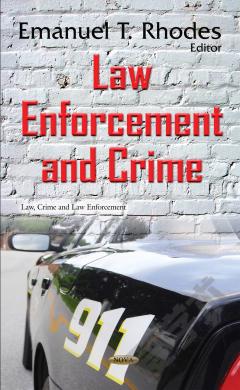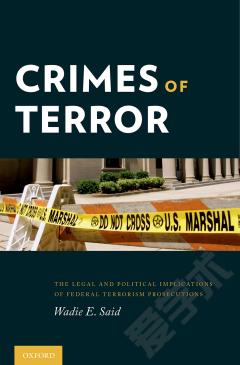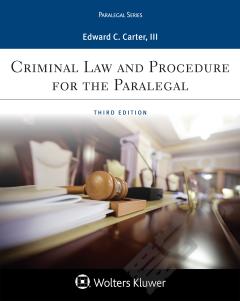Conspiratorial Crimes and Related Federal Criminal Law
Terrorists, drug traffickers, mafia members, and corrupt corporate executives have one thing in common: most are conspirators subject to federal prosecution. Federal conspiracy laws rest on the belief that criminal schemes are equally or more reprehensible than are the substantive offenses to which they are devoted. The essence of conspiracy is an agreement of two or more persons to engage in some form of prohibited misconduct. The crime is complete upon agreement, although some statutes require prosecutors to show that at least one of the conspirators has taken some concrete steps or committed some overt act in furtherance of the scheme. There are dozens of federal conspiracy statutes. This book examines conspiratorial crimes and related federal criminal law with a focus on the federal Racketeer Influenced and Corrupt Organization (RICO) provision of the Organized Crime Control Act of 1970; money laundering and the 18 U.S.C. 1956 statute; mail and wire fraud; and an overview of federal criminal law.
{{comment.content}}








 京公网安备 11010802027623号
京公网安备 11010802027623号